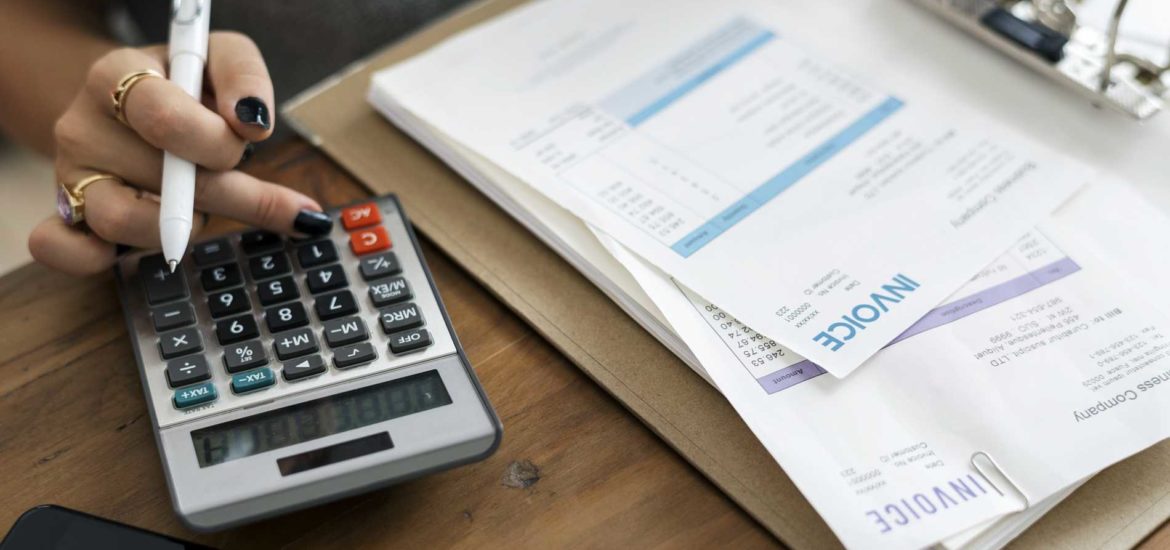For businesses, chasing customer and collecting late payments are a big headache. Especially for small and medium enterprises. Here are a few things you should know on how to chase and collect late payments in business.
Follow Up On Late Payments
Cash flow is important part of running a business. A single delayed payment might shrink your ability to use your business expenses like salary, loan repayment, expansion, etc. Therefore, always follow up on the late payments. Remind your customers that they are due for payment of invoice with constant reminders until the due is payed. Let them know the consequences of the late payment in advance.
Set A Deadline for Collection of Late Payment
The law in many countries are very clear on small businesses rights. You can claim both interest charges and debt recovery costs if a firm is late settling your bill. Late is defined by the payment terms you agreed when you made the sale.
Also Learn : How to Create the Perfect Cash Flow for Your Business?
However, if you didn’t explicitly set a timetable, the law provides a fallback position. In this case, your payment will be late if your customer does not pay it within 30 days of receiving your invoice, or within 30 days of you delivering the goods or providing the service, if later. Make sure to check your local laws regarding collecting late payments.

Charging Interest On Late Payments
In particular, small businesses have a legal right to charge penalties when customers pay their bills late. While that may feel uncomfortably confrontational, and certainly shouldn’t be a default option, hitting late payers in the pocket can be a powerful way to concentrate minds.
Also Read : How to Handle Money Matters with Your Business Partners?
Late-paying big businesses could be fined for persistently failing to settle small business invoices on time. Most Governments says it is determined to setup and improve the powers of the Small Business Commissioner or councils, which can intervene in late-payment disputes, small businesses are also being urged to take a tougher line themselves.
Proceed to Take Legal Action
Know your rights when chasing late payments. You are also entitled to charge a fixed sum to cover the costs you incur while chasing the payment, not least the cost of your time. This sum varies according to the size of the debt.
To claim these interest charges and costs you’ll need to issue a new invoice to your customer detailing what is owed. The customer may choose to accept this invoice, but if not, you may need to take legal action to force it to pay. This sounds daunting, but for claims of less payments, you might be guided to a small business council or tribunal in your locality.
Read More : 9 Things You Can Do to Beware of Frauds
Whether or not you choose to go down this road is a judgement call: you know your customer best. And another option is to ask the small business council to get involved; it has an increasingly strong record of forcing late-paying big businesses to pay up.
Do you have any advice on How to Chase and Collect Late Payments? Comment them on Trdinoo for others to learn. Please subscribe and share us with your friends and networks.
